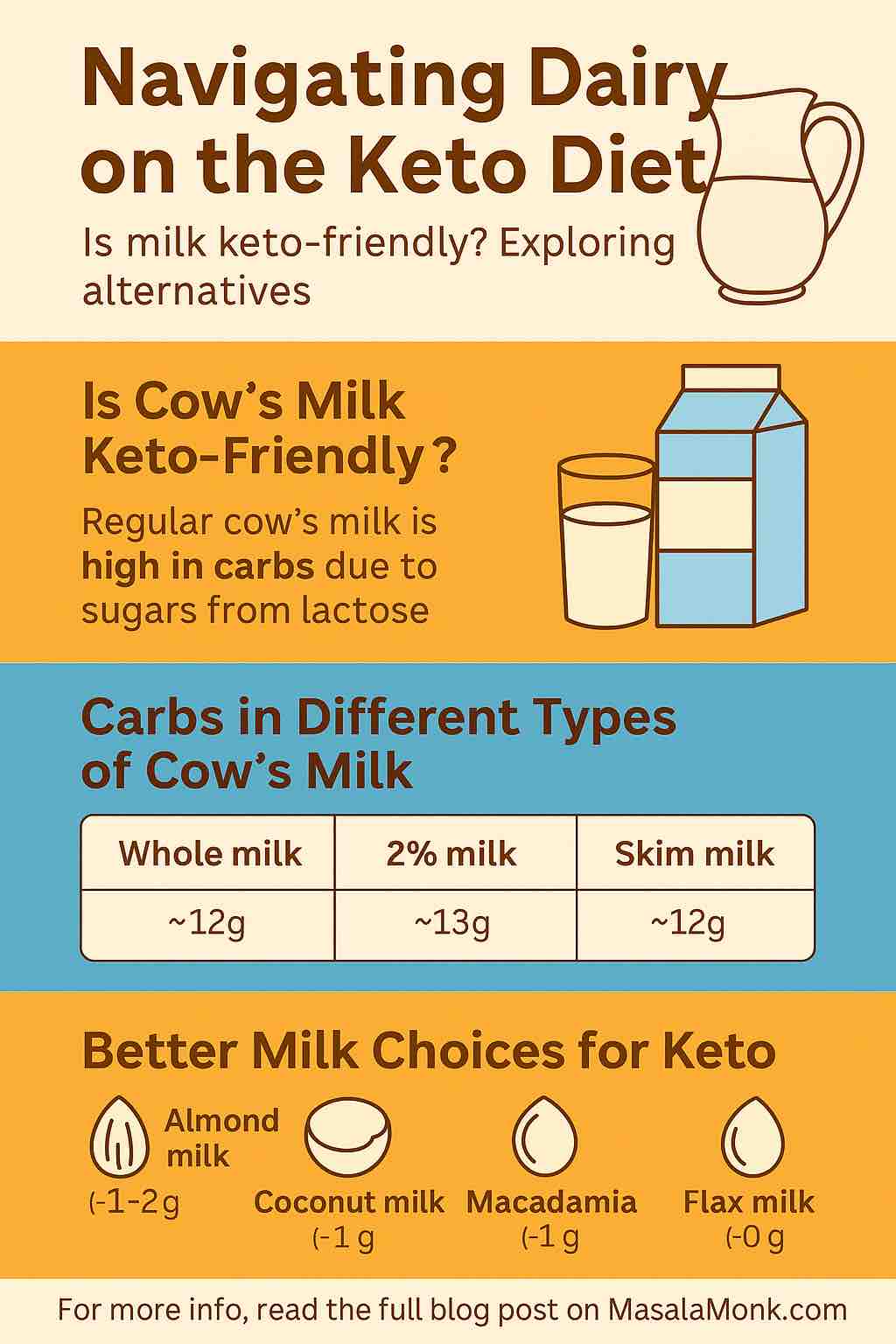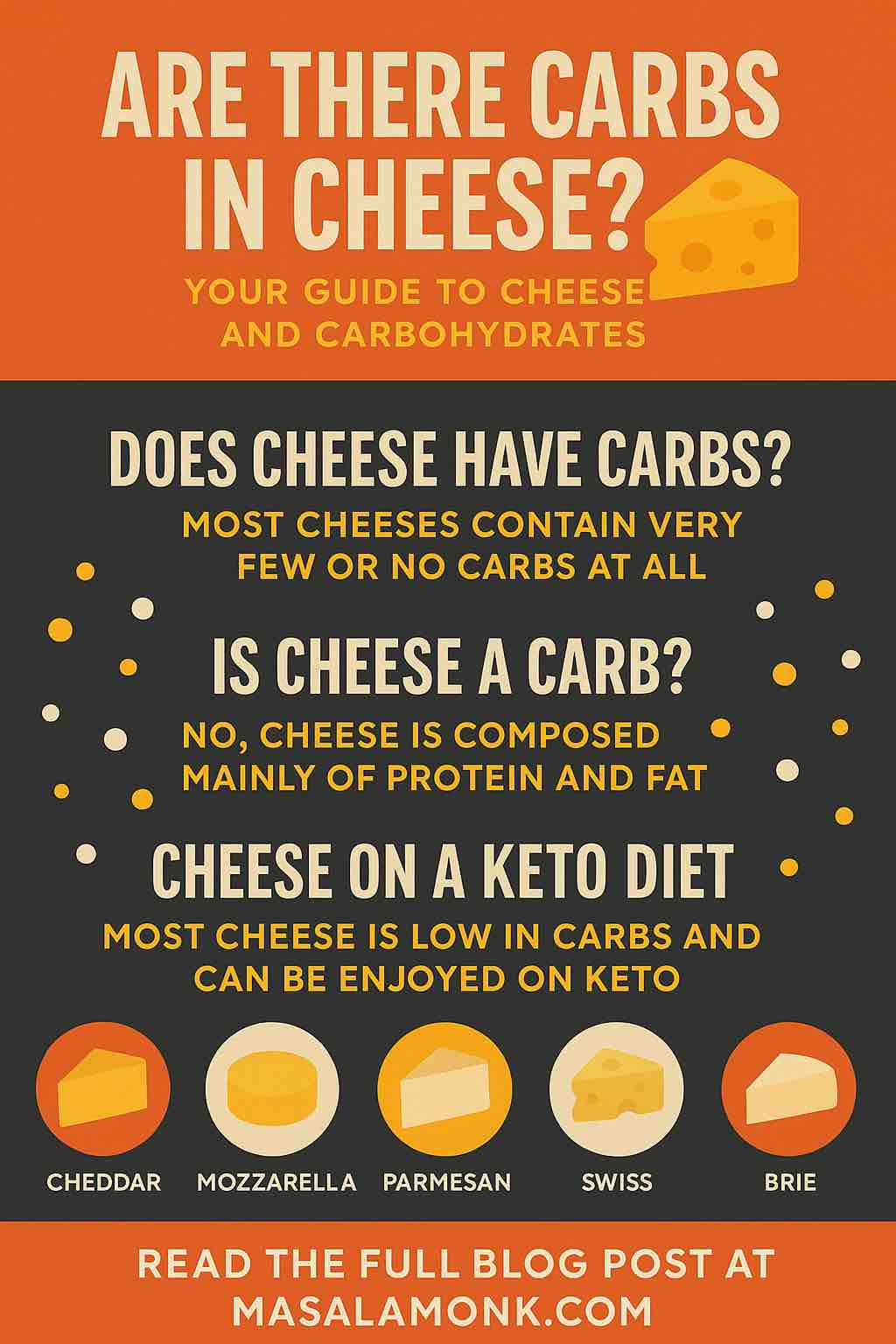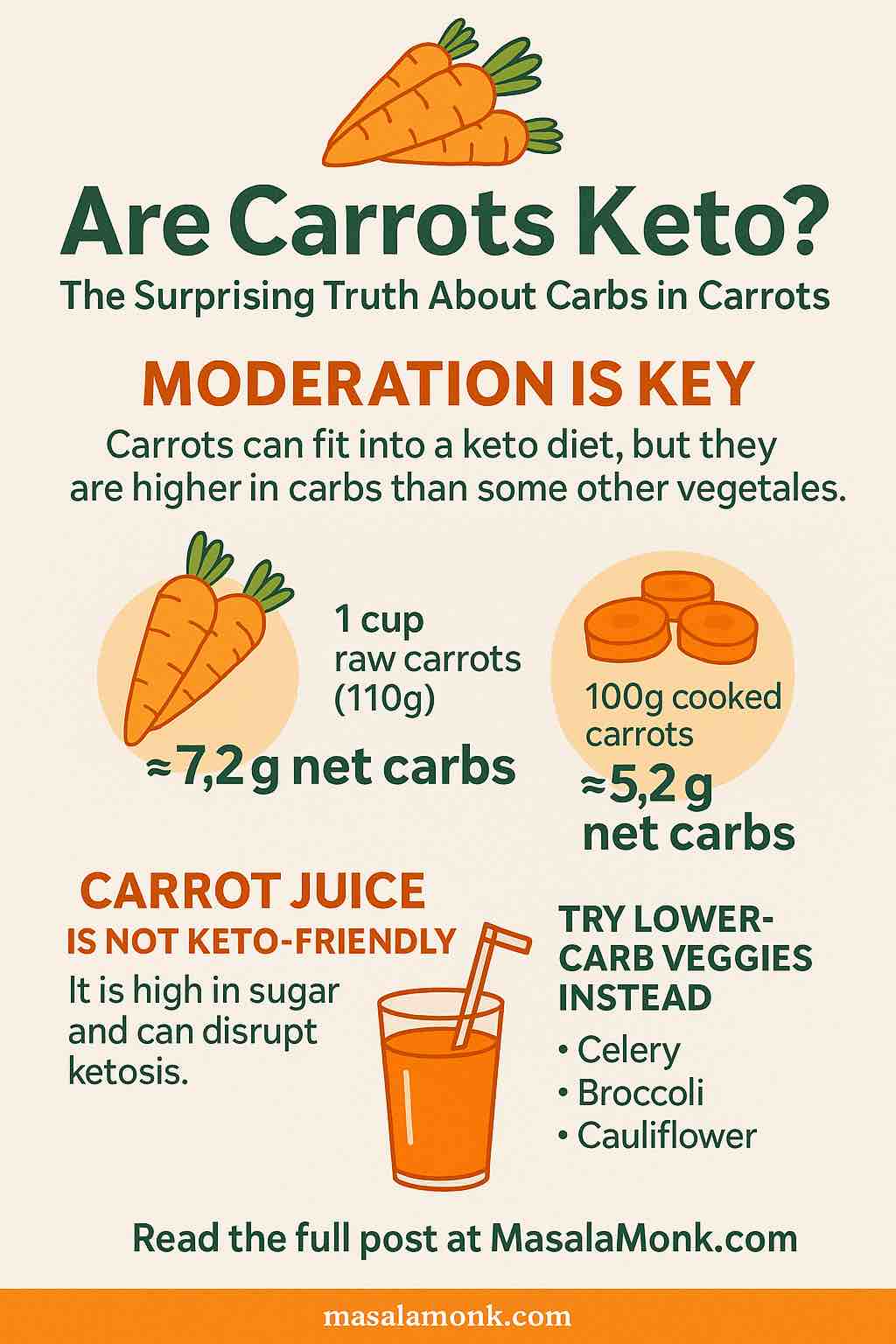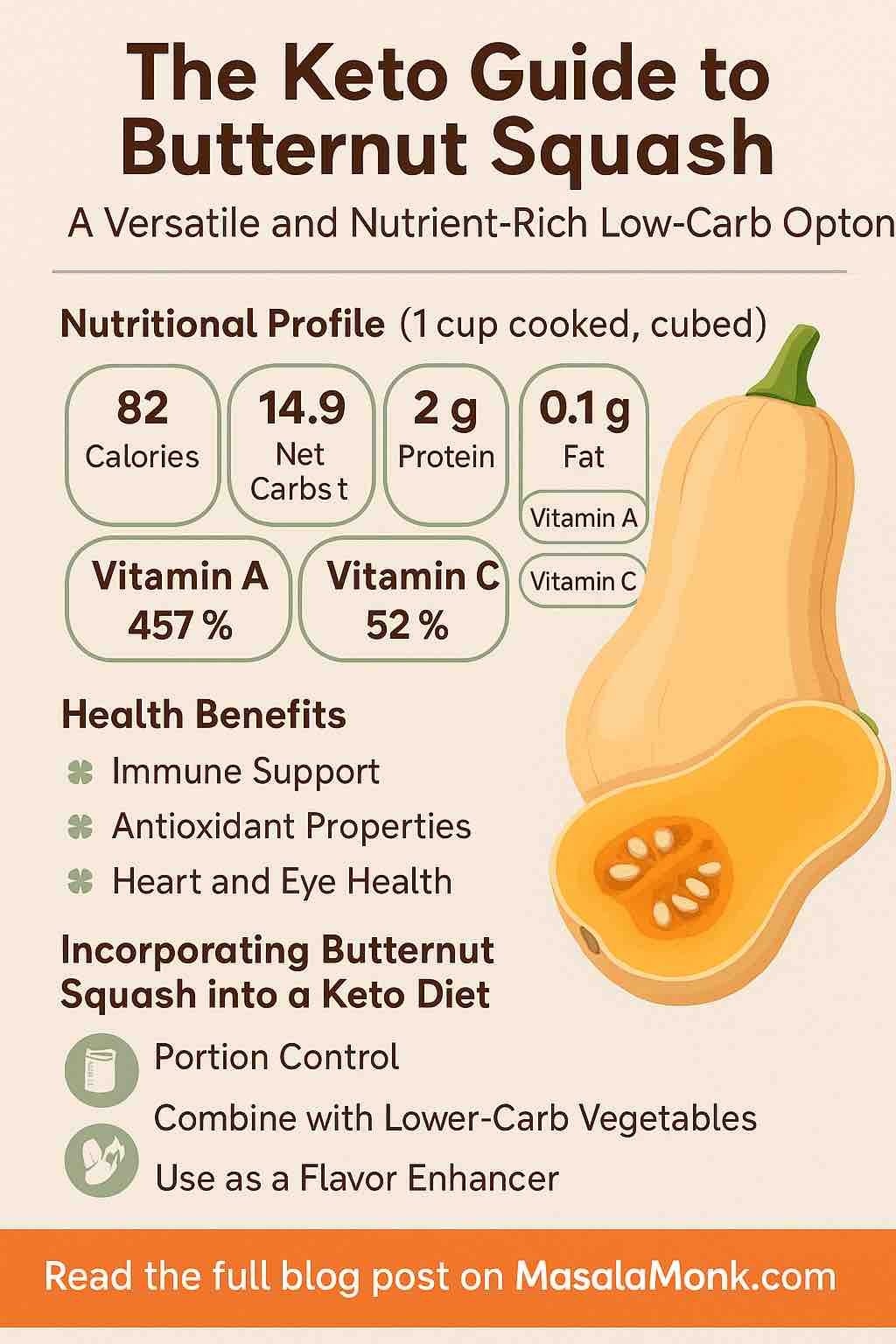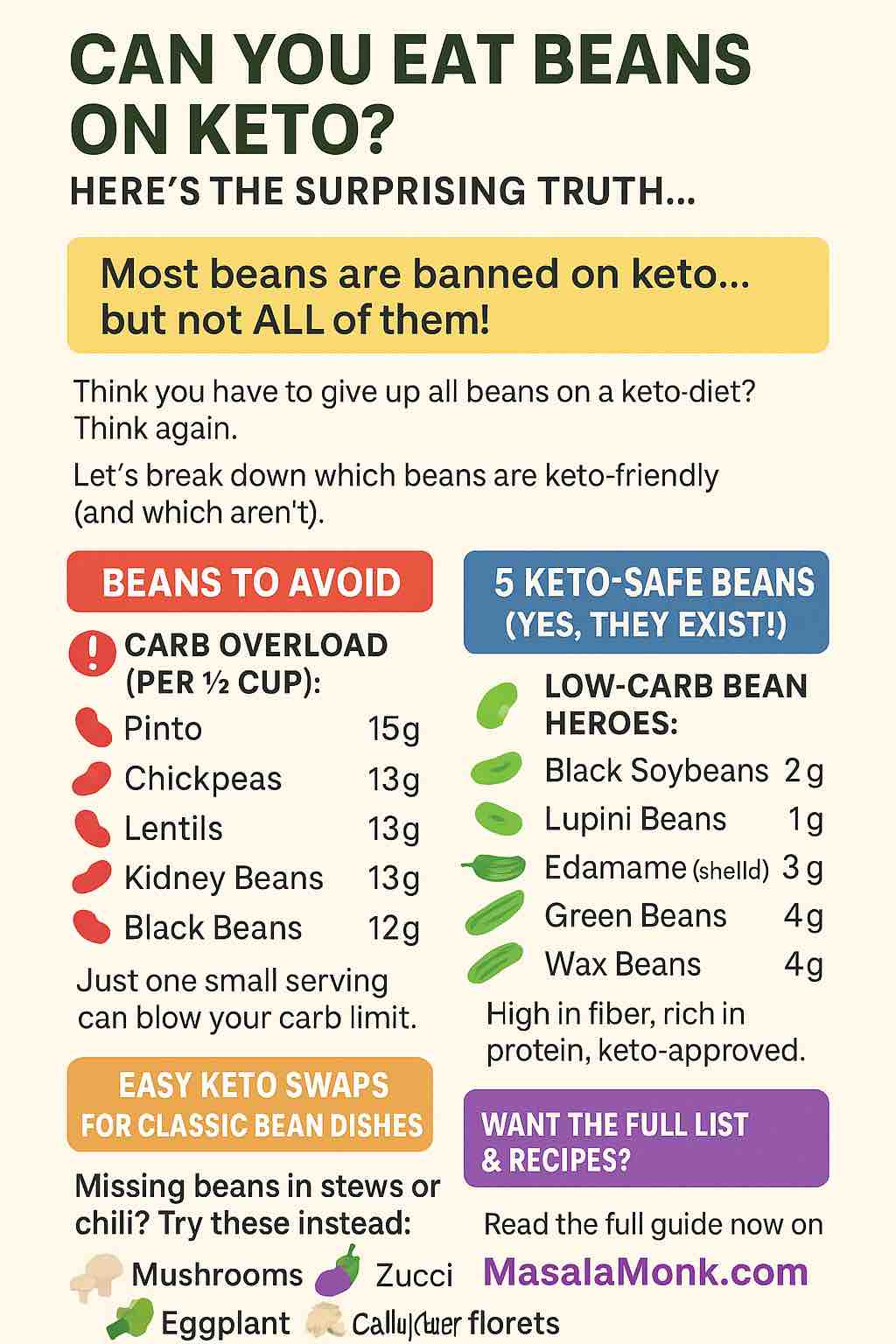
Let’s face it: one of the toughest parts of sticking to a keto diet is giving up your favorite comfort foods — and for many, beans are high on that list. Whether it’s a hearty chili, a spoonful of hummus, or a cozy lentil soup, beans seem to pop up in every cuisine.
But here’s the problem: most beans are high in carbohydrates — which makes them a challenge for anyone trying to stay in ketosis.
Still, the story isn’t all bad. While the classic beans you’re used to might be off-limits, there are a handful of bean options — and bean-like alternatives — that can work within a ketogenic lifestyle. In fact, some are surprisingly low in net carbs and rich in fiber, protein, and flavor.
In this guide, we’ll break down 5 keto-friendly beans (and a few honorary mentions) that won’t ruin your diet — plus what to avoid, how to prepare them, and smart alternatives when you just want that hearty texture without the carb hit.
🧠 Why Most Beans Don’t Fit in a Keto Diet
Let’s start with the basics.
The ketogenic diet is a low-carb, high-fat eating approach designed to shift your body into ketosis — a metabolic state where fat becomes your primary fuel source instead of carbs. To stay in ketosis, most people need to limit net carbs to about 20–50 grams per day.
That’s where the trouble with beans begins.
Beans are technically legumes, and legumes are notoriously high in carbohydrates — especially net carbs (total carbs minus fiber). Even small portions of common beans can use up your entire day’s carb limit in one sitting.
Here’s a snapshot of net carbs in standard beans (½ cup, cooked):
| Bean Type | Net Carbs |
|---|---|
| Black beans | ~12g |
| Kidney beans | ~13g |
| Chickpeas | ~13g |
| Pinto beans | ~15g |
| Lentils | ~13g |
As you can see, just half a cup can take you over the edge — and that’s not accounting for anything else you eat that day.
But here’s the twist: not all beans are created equal. A few unique varieties — along with some legume-like vegetables — are low enough in net carbs to fit into a keto or low-carb eating plan. Let’s dive into those now.
✅ 5 Keto-Friendly Beans (and Bean-Like Substitutes)
1. Green Beans: The Keto-Safe Legume That Acts Like a Veggie
- Net carbs: ~4g per 1 cup (cooked)
- Total carbs: ~7g
- Fiber: ~3g
Green beans are technically legumes, but nutritionally they behave more like non-starchy vegetables — which is why they’re embraced by most keto eaters.
They’re rich in fiber, vitamin C, and antioxidants, and they offer a satisfying crunch when steamed or sautéed.
✅ How to enjoy them on keto:
- Sauté in olive oil with garlic and almonds.
- Toss into a creamy, cheesy keto casserole.
- Roast with parmesan for a crispy side.
💡 Pro tip: They pair beautifully with high-fat sauces — think buttery lemon or creamy mushroom gravy.
2. Black Soybeans: The Best “True Bean” for Keto Dieters
- Net carbs: ~2g per ½ cup
- Total carbs: ~8g
- Fiber: ~6g
- Protein: ~11g
If you’re missing the texture of real beans in your chili, black soybeans are your secret weapon. Unlike regular black beans, these contain more fiber than digestible carbs, making them an outlier in the legume world.
They taste mildly earthy and are versatile enough for soups, stews, and dips.
✅ How to enjoy them:
- Use in keto chili with ground beef and tomato paste.
- Add to keto-friendly burrito bowls or taco salads.
- Make a low-carb bean dip with avocado and lime.
💡 Watch out: Always choose unsweetened, organic canned versions, and rinse them well to reduce sodium.
3. Lupini Beans: The Low-Carb Snack with a Cult Following
- Net carbs: ~1g per ½ cup (varies)
- Total carbs: ~12g
- Fiber: ~11g
- Protein: ~15g
These yellow, oval-shaped beans have been a Mediterranean staple for centuries. They’re firm, chewy, and slightly bitter — usually pickled and sold in jars or vacuum packs.
Because they’re so high in fiber, almost all their carbs are non-digestible — making them practically zero-net-carb in some preparations.
✅ How to enjoy them:
- Snack on them like olives or pickles.
- Toss into salads for added texture.
- Pulse in a food processor with lemon and garlic for a chunky dip.
💡 Tip: Always read labels — some brands add sugar or preservatives. Look for “plain brined” or “unsweetened.”
4. Edamame: Young Soybeans with a Nutrient Punch
- Net carbs: ~3.5g per ½ cup (shelled)
- Protein: ~9g
- Fiber: ~4g
- Fat: ~4g (mostly unsaturated)
Edamame is young, green soybeans harvested before they mature. These little pods are rich in plant protein, magnesium, and antioxidants — and they come with a satisfying bite that makes them feel more indulgent than they are.
✅ How to enjoy them on keto:
- Lightly steam and top with sea salt or chili flakes.
- Add shelled edamame to stir-fries or fried “rice” made with cauliflower.
- Mix with sesame oil, garlic, and soy sauce for a savory snack.
💡 Bonus: Edamame is low on the glycemic index, meaning it won’t spike blood sugar — a win for insulin control.
5. Wax Beans (Yellow String Beans): A Forgotten Keto Ally
- Net carbs: ~4g per 1 cup (cooked)
- Total carbs: ~7g
- Fiber: ~3g
Often mistaken for just a yellow version of green beans, wax beans have a slightly smoother texture and a milder flavor. They carry the same low-carb profile and are just as keto-safe.
✅ How to enjoy them:
- Steam and toss with browned butter and fresh dill.
- Add color and crunch to keto-friendly salads.
- Serve chilled with vinaigrette for a summer side dish.
💡 Why they’re underrated: They’re rich in flavonoids and easy to digest — perfect for those with sensitive guts.
🚫 Beans to Avoid on a Keto Diet
Even small servings of the following beans will likely throw you out of ketosis:
| Bean | Net Carbs (½ cup) |
|---|---|
| Black beans | 12g |
| Kidney beans | 13g |
| Chickpeas | 13g |
| Pinto beans | 15g |
| Navy beans | 14g |
| Lentils (red/brown) | 13g |
These are too high in net carbs, even in modest servings. Save them for reintroduction after keto or during targeted carb-up days if you’re following a cyclical approach.
🥦 Best Keto Bean Substitutes (When You Need That Hearty Texture)
When your recipe calls for beans but your macros say “no,” try one of these keto-friendly stand-ins:
- Mushrooms – earthy, meaty texture in chili or stews
- Cauliflower florets or rice – bulks up soups or makes great mash
- Zucchini – spiralize or cube for tacos, stir-fries, or skillet meals
- Eggplant – soft, absorbent, and perfect in keto-friendly dips
💡 Texture hack: For stews and chili, combine chopped mushrooms and diced eggplant with extra olive oil — it mimics the mouthfeel of beans beautifully.
🔚 Final Thoughts: Yes, You Can Eat Beans on Keto — Just Be Selective
While traditional beans are mostly a no-go on keto, that doesn’t mean you have to live without their comfort or versatility. By choosing the right varieties — like black soybeans, lupini beans, green beans, wax beans, and edamame — you can enjoy the taste and texture of beans without crashing your carb count.
Remember:
- Always track net carbs (total carbs minus fiber)
- Stick to measured portions
- Watch for added sugars in canned or prepared versions
Beans on keto can work, if you’re strategic — and your tastebuds don’t have to suffer.
📌 Quick Reference: Keto-Friendly Beans Cheat Sheet
| Bean Type | Net Carbs (½–1 cup) | Keto-Friendly? |
|---|---|---|
| Green Beans | ~4g | ✅ Yes |
| Black Soybeans | ~2g | ✅ Yes |
| Lupini Beans | ~1g | ✅ Yes |
| Edamame | ~3–4g | ✅ Yes |
| Wax Beans | ~4g | ✅ Yes |
| Chickpeas | ~13g | ❌ No |
| Pinto Beans | ~15g | ❌ No |
✅ 10 FAQs About Beans on the Keto Diet
1. Can I eat beans on a keto diet?
Yes — but only specific types of beans that are low in net carbs. Most traditional beans (like kidney, pinto, or black beans) are too high in carbs for strict keto. However, green beans, lupini beans, black soybeans, edamame, and wax beans can be enjoyed in moderation.
2. Why are most beans not keto-friendly?
Most beans are high in starch, which breaks down into glucose (sugar) in your body. This can spike your blood sugar and knock you out of ketosis. Since keto limits you to 20–50g of net carbs per day, just half a cup of traditional beans can exceed that limit.
3. What is the best bean for a keto diet?
Black soybeans are widely considered the best bean for keto. They contain only ~2g net carbs per ½ cup, are high in protein and fiber, and mimic the texture of regular black beans in recipes.
4. Are green beans OK on keto?
Absolutely. Green beans are technically legumes, but they behave nutritionally like a low-carb vegetable. With only ~4g net carbs per cup, they’re one of the most keto-friendly options available.
5. How many beans can I eat on keto?
It depends on your daily carb limit and the type of bean. For example:
- You can enjoy ½ cup of black soybeans or 1 cup of green beans without breaking ketosis.
- Always calculate net carbs (total carbs minus fiber) and keep your portions controlled.
6. Are chickpeas or lentils keto-friendly?
No. Both chickpeas and lentils are too high in net carbs to be part of a strict keto diet. Even ½ cup of either contains around 13–15g net carbs, which can use up most of your daily allowance.
7. What are lupini beans, and why are they popular on keto?
Lupini beans are Mediterranean legumes known for their incredibly low net carb count (as low as 1g per ½ cup) and very high fiber and protein. They’re usually sold in brine and need to be rinsed before eating. They’re great as snacks or salad toppers.
8. Can I eat bean-based products like hummus or refried beans on keto?
Traditional hummus (chickpeas) and refried beans (pinto or black beans) are too high in carbs for keto. Instead, look for low-carb versions made from cauliflower, zucchini, or black soybeans, or make your own at home with keto-safe ingredients.
9. Are there keto substitutes for beans in recipes like chili or stew?
Yes. To mimic the hearty texture of beans in chili or stews, use:
- Chopped mushrooms
- Diced eggplant
- Cauliflower florets
- Zucchini chunks
These are low in carbs and absorb flavor well, making them excellent stand-ins.
10. Can I reintroduce regular beans after keto?
If you transition to a low-carb or cyclical keto plan, you can gradually reintroduce small portions of higher-carb beans. Just be sure to track your carbs and test your body’s response if you want to stay metabolically flexible.

